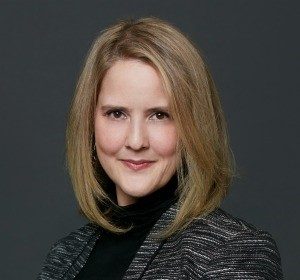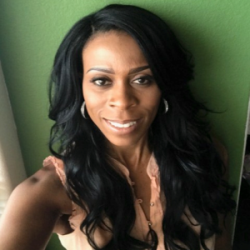Turning a Dreaded Pathways Assignment into a great speech by using poetic excerpts from Robert Frost to understand Conflict Resolution.
By Susie Wyshak, VPPR, Warehouse Toastmasters (Oakland).
We all know that some assignments and Pathways may have nothing to do with topics that are actually of interest to us when it comes to giving a speech. In the hours before I was to deliver a speech on conflict resolution, it occurred to me to turn the assignment into something that could help me in my real life. The result was a speech full of humor, passion, and intrigue for my fellow Toastmasters. The speech worked so well, as I decided to weave in a poem from Robert Frost. I was not sure how that would work out, but it turned out to be a fun way to break up and punctuate the points.
Here are a few pieces from the speech Good Fences Make Good Neighbors. The year was 1914. The situation was a stone wall on the property line was falling down. The neighbor of Poet Robert Frost did not imagine being immortalized in the poem, Mending Wall when he uttered: “good fences make good neighbors.” Even back when people had acres and acres, they still hated their neighbors.
What better topic to learn about conflict resolution, typically disagreement or disharmony between individuals or groups. Conflict can arise for many reasons. You can prepare to resolve it by first understanding some of the common causes of conflict. WHY DOES CONFLICT OCCUR? Misunderstanding Misunderstandings occur when one or more parties do not have all the vital pieces of information or fail to comprehend what the other party wants to convey. Diverse styles of communication, or different time and stress management assumptions and methods can often cause conflict. Varying Points of View Conflict can occur when there are value differences, opposing attitudes, and contradictory perspectives.
Some people THRIVE when there is conflict. Others are self-centered and only look at their point of view. Robert Frost felt that frustration saying: If I could put a notion in his head: ‘Why do they make good neighbors? Isn’t it Where there are cows? But here there are no cows. Before I built a wall I’d ask to know What I was walling in or walling out, And to whom I was likely to give offense.
Conflict can arise from situations beyond the control of those involved. Examples of these challenges may be loss of resources or delays created by external influences. However, if managed well, conflict can be an opportunity to improve relationships.
What are the keys to conflict resolution?
Active listening is essential. When people are sharing information, avoid interrupting and remind others to do the same. Ensure you understand everyone’s positions and perceptions by restating, paraphrasing, and summarizing their statements when appropriate.
Identify areas of agreement. Look for common goals, interests, and values, as well as areas of disagreement.
Each party should speak about their feelings and views using “I” messages and avoid accusation or generalization about people with opposing views.
Finally, stay focused on the issues. Focus on the present situation. Narrow the scope of the conversation if people are beginning to go off topic.
The goal of conflict resolution is to solve an organizational or personal issue. This is achieved when all parties are in agreement at the end of the process. Once a decision has been made, encourage all parties to accept the outcome and focus on the future..
Susie Wyshak is thriving in her new career as a real estate agent using her deep knowledge of our region and life coaching to help people buy and sell homes.


















